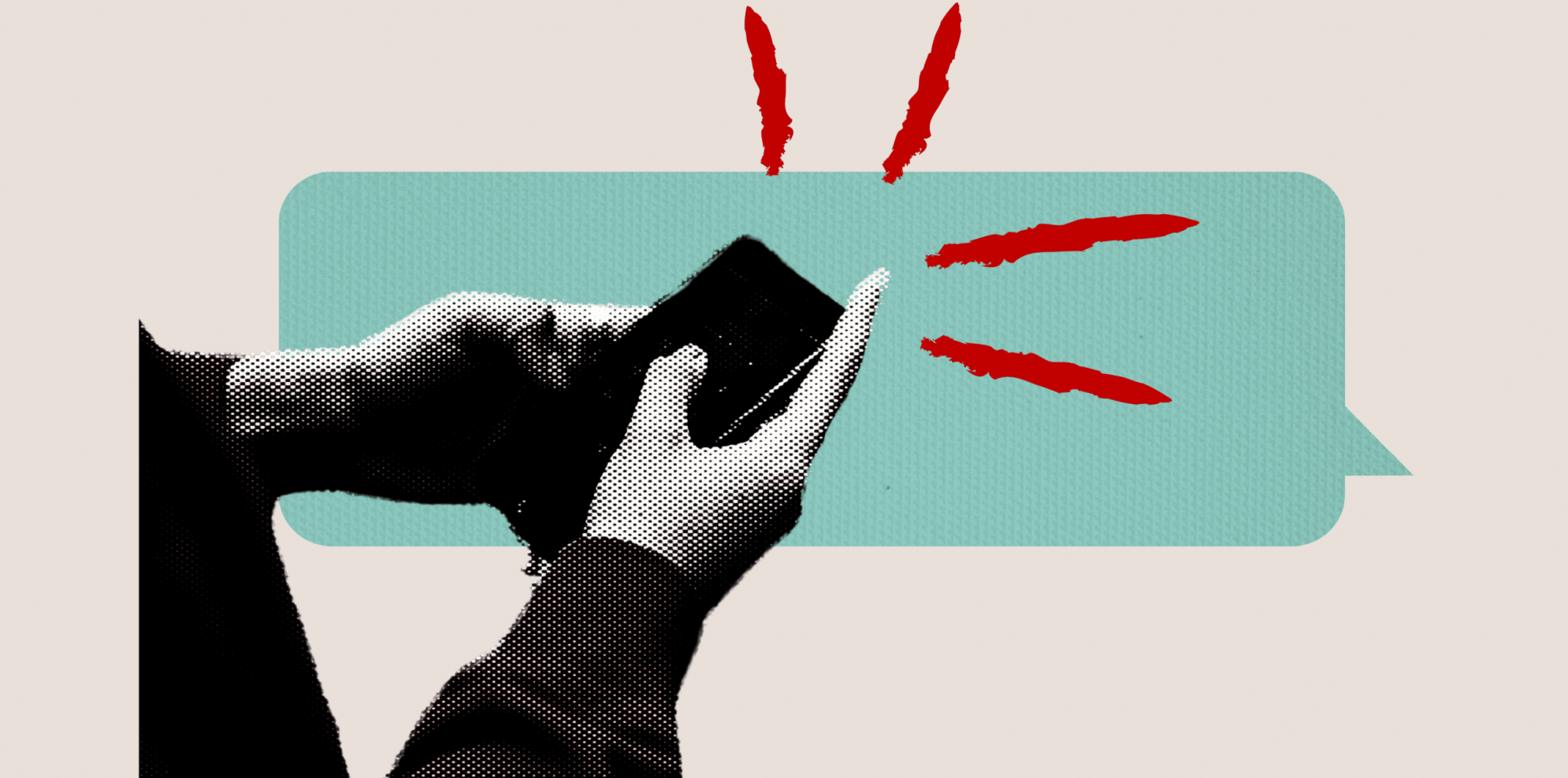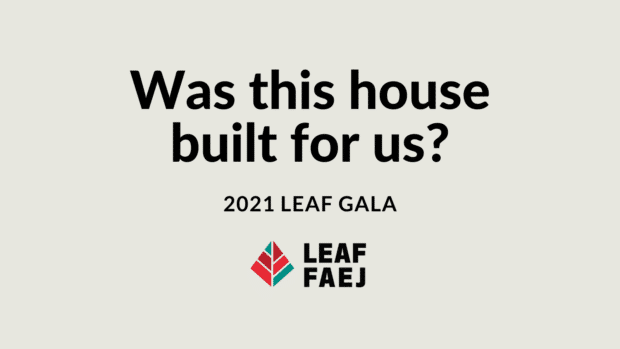Hate speech violates the dignity rights of women and gender diverse people. The derision, hostility and abuse encouraged by hate speech have a profound negative effect on the individual’s sense of self-worth, dignity, and safety that form the foundation of their freedom to participate fully in democratic society. Women and gender diverse people, particularly those living at multiple intersections of oppression, face increased risks of being targeted by hate speech rooted in misogyny, sexism, racism, ableism, homophobia, transphobia, and other forces of oppression.
As an intervener before the Supreme Court of Canada in its major hate speech cases including R v Keegstra , Canada (Canadian Human Rights Commission) v Taylor, and Saskatchewan (Human Rights Commission) v Whatcott, LEAF argued that challenges to the regulation of hate speech must consider and engage equality rights as much as freedom of expression, since the willful promotion of group hatred fundamentally erodes the equality rights of members of the targeted group. Through these interventions, and in our work with experts from across Canada, LEAF has developed an expertise in the relationship between misogynist and sexist hate speech and gender equality.
LEAF has also developed an expertise in the gendered impact of online hate and technology-facilitated violence. LEAF is currently developing a position on the regulation of digital platforms from a gender equality perspective. We will continue to advocate for a safe and equal digital space for all.


